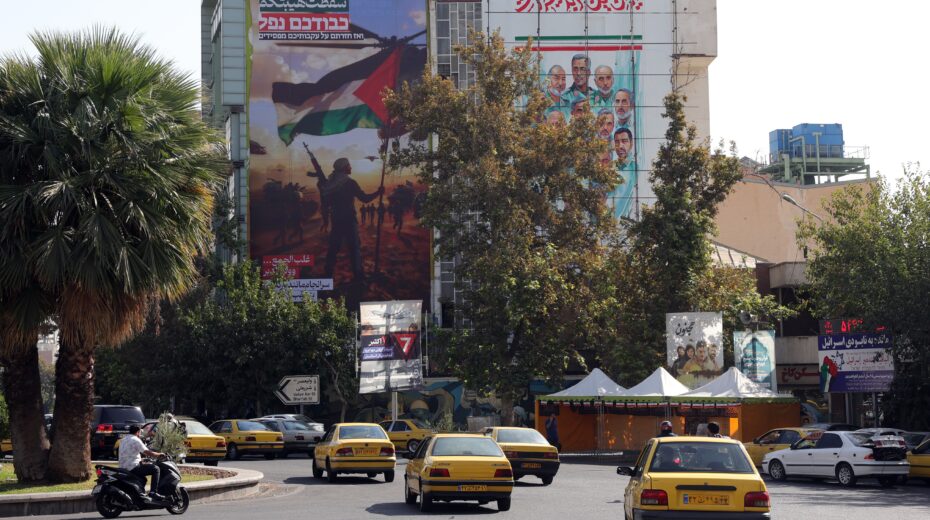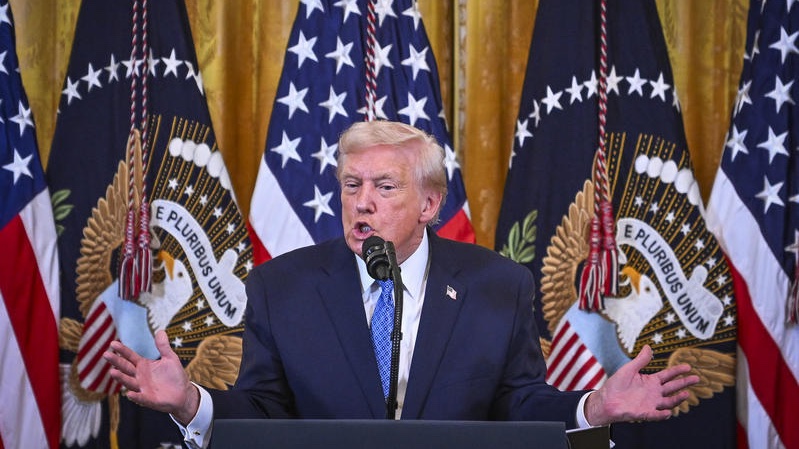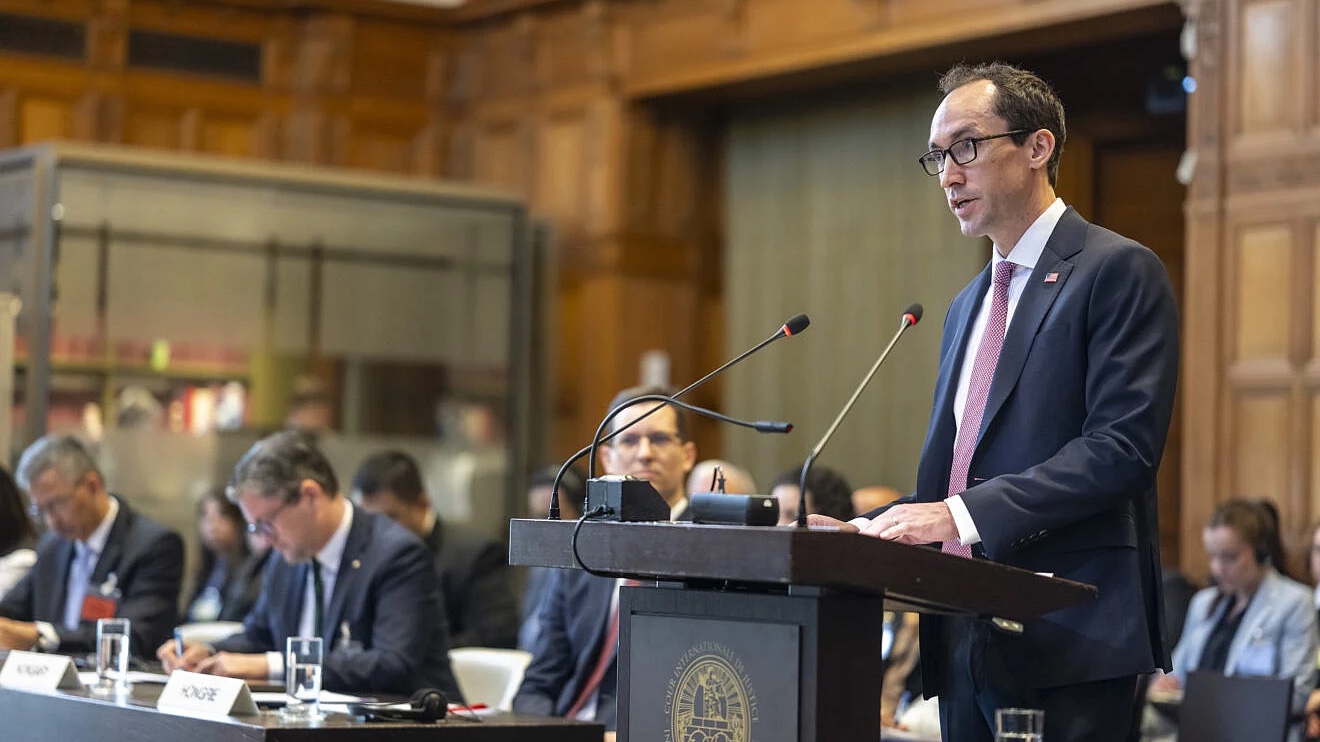Following the expiration of the international nuclear deal, Iran has significantly sharpened its rhetoric toward Israel. Foreign Minister Abbas Araghchi stated in an interview with the Arabic broadcaster Al Jazeera that Tehran is open to discussions on its nuclear program but will not negotiate over its missile arsenal. “It would be foolish to hand over one’s weapons,” Araghchi said. His country is “at the peak of readiness on all levels” and anticipates “hostile behavior from the Zionist regime.” Israel, the minister added, “will suffer another defeat in a future war.”
Araghchi also emphasized that Iran wants to dispel misunderstandings about the nature of its nuclear program. “It is possible to reach a fair agreement,” he said, but Washington has imposed “impossible and unacceptable preconditions.”

Iranian Foreign Minister Abbas Araghchi speaks in Tehran on October 5, 2025, during a meeting with foreign ambassadors and diplomats. Araghchi briefed the assembled representatives on the latest developments related to Iran’s nuclear program and the so-called snapback mechanism. Photo: EPA / Abedin Taherkenareh.
The end of the nuclear deal
The 2015 nuclear agreement, known as the Joint Comprehensive Plan of Action (JCPOA), expired in October after ten years. It had once lifted international sanctions against Iran in exchange for Tehran’s commitment to sharply limit its uranium enrichment. The Iranian government now states that it no longer considers the deal binding.
According to a report by the Persian-language broadcaster Iran International, Tehran rejects any restrictions on its missile program. Araghchi made it clear that Iran “will not negotiate over its missiles” and is “prepared for any scenario.” During the twelve-day war with Israel in June, his country had “gained valuable experience” and tested its missiles “in real combat.”
Ongoing tensions with the West
As Reuters reports, Germany, France, and the United Kingdom activated the so-called snapback mechanism at the end of September, reinstating the sanctions provided for in the nuclear deal. This decision came after Iran significantly restricted cooperation with the International Atomic Energy Agency (IAEA).
The IAEA recently confirmed that its inspectors now have only limited access to Iranian nuclear facilities. Tehran dismissed the Western measures as “illegal” and cited a “lack of international consensus.” Araghchi stated that his country’s priority now lies in closer relations with neighboring states, but it remains open to talks with the West—“without dictates.”
Lessons from the Twelve-Day War
In his recent statements, Araghchi repeatedly referenced the twelve-day war with Israel in June. Reports indicate that several Iranian nuclear facilities—including Fordow, Natanz, and Isfahan—were damaged by targeted airstrikes. According to the minister, buildings and equipment were partially destroyed, but the know-how and technology remain intact.
This phrasing is apparently intended to signal strength: Despite the damage suffered, the regime insists on maintaining its military and technological capabilities.
Between diplomacy and saber-rattling
Araghchi’s remarks make it clear that Iran is currently operating on two levels: diplomatic and military. While not fundamentally ruling out dialogue on the nuclear program, Tehran draws an insurmountable red line on its missile arsenal. This shows the leadership is aware of its military deterrence and will not put it on the negotiating table.
For Israel, this means ongoing strategic uncertainty. The warnings from Tehran are not a formal declaration of war, but they underscore the determination to respond militarily in the event of escalation. At the same time, Iran is signaling that it is prepared for the continuation of Western sanctions and political pressure.
Iran thus presents itself as a negotiating partner—but on its own terms. While talks on the nuclear program may resume, the missile arsenal remains off-limits. The combination of diplomatic openness and military toughness is typical of Iranian foreign policy: It is meant to project strength without completely closing the door to future negotiations.
For Israel and the West, the situation remains tense. Tehran’s latest statements underscore that a return to stable agreements is only possible if security interests and political realities are taken equally seriously.
Want more news from Israel?
Click Here to sign up for our FREE daily email updates














